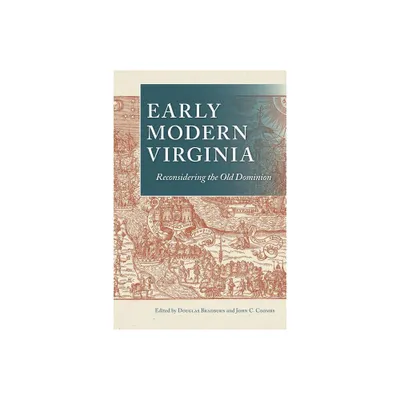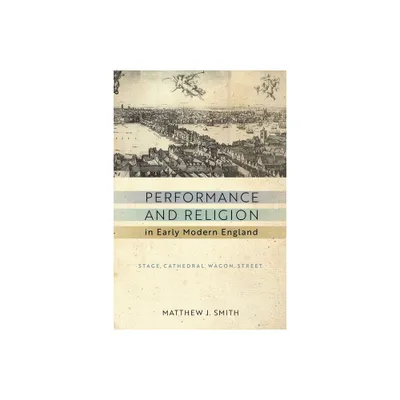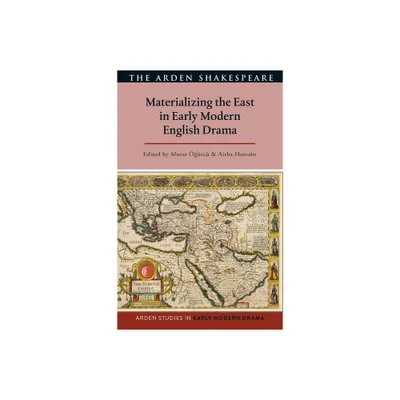Home
Innovation Early Modern Catholicism
Loading Inventory...
Barnes and Noble
Innovation Early Modern Catholicism
Current price: $180.00


Barnes and Noble
Innovation Early Modern Catholicism
Current price: $180.00
Loading Inventory...
Size: Hardcover
*Product Information may vary - to confirm product availability, pricing, and additional information please contact Barnes and Noble
This volume demonstrates that the Catholic rhetoric of tradition disguised both novelties and creative innovations between 1550 and 1700.
Innovation in Early Modern Catholicism reveals that the period between 1550 and 1700 emerged as an intellectually vibrant atmosphere, shaped by the tensions between personal creativity and magisterial authority. The essays explore ideas about grace, physical predetermination, freedom, and probabilism in order to show how the rhetoric of innovation and tradition can be better understood. More importantly, contributors illustrate how disintegrated historiographies, which often excluded Catholicism as a source of innovation, can be overcome. Not only were new systems of metaphysics crafted in the early modern period, but so too was a new conceptual language to deal with the pressing problems of human freedom and grace, natural law, and Marian piety. Overall, the volume shines significant light on hitherto neglected or misunderstood traits in the understanding of early modern Catholic culture.
Re-presenting early modern Catholicism more crucially than any other currently available study,
Innovation in Early Modern Catholicism
is a useful tool for advanced undergraduates, postgraduates, and scholars in the fields of philosophy, early modern studies, and the history of theology.
Innovation in Early Modern Catholicism reveals that the period between 1550 and 1700 emerged as an intellectually vibrant atmosphere, shaped by the tensions between personal creativity and magisterial authority. The essays explore ideas about grace, physical predetermination, freedom, and probabilism in order to show how the rhetoric of innovation and tradition can be better understood. More importantly, contributors illustrate how disintegrated historiographies, which often excluded Catholicism as a source of innovation, can be overcome. Not only were new systems of metaphysics crafted in the early modern period, but so too was a new conceptual language to deal with the pressing problems of human freedom and grace, natural law, and Marian piety. Overall, the volume shines significant light on hitherto neglected or misunderstood traits in the understanding of early modern Catholic culture.
Re-presenting early modern Catholicism more crucially than any other currently available study,
Innovation in Early Modern Catholicism
is a useful tool for advanced undergraduates, postgraduates, and scholars in the fields of philosophy, early modern studies, and the history of theology.


















